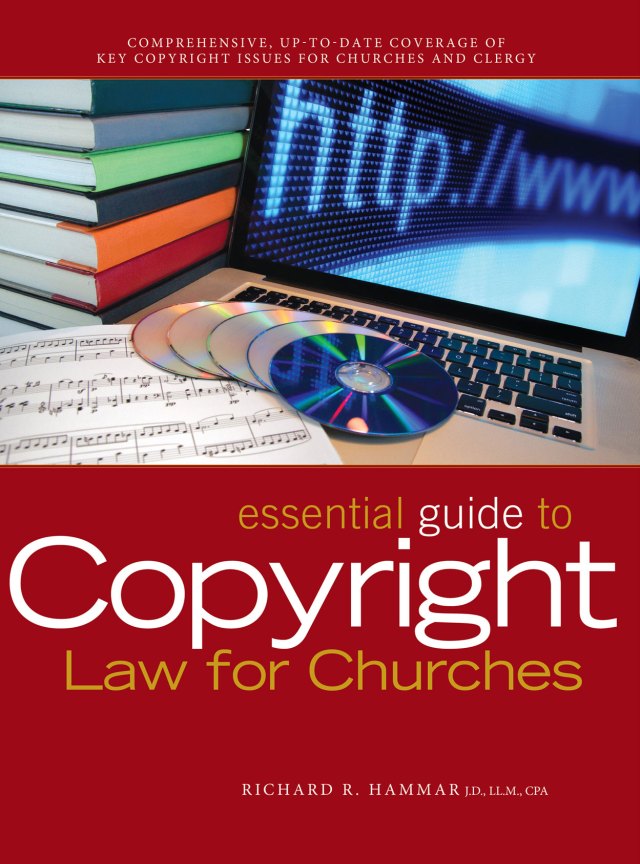Pastors are aware of the value of the property a church owns, such as its land, buildings, and vehicles. But just as significant as tangible property is the intellectual property that a church owns. Intellectual property begins with the name of the church, and encompasses the name or brand of various programs of the church, and even products that the church creates, such as worship music, sermons, Sunday school curriculum, and Bible studies.
Relational stewardship is a paradigm for business and ministry stewardship. In life, we name our children, pets, voluntary associations, and businesses, and in ministry, we name our churches, activities, and programs. At a personal level, most church leaders can teach and preach effectively on the truth that “a good name is more desirable than great riches” (Proverbs 22:1, NEW INTERNATIONAL VERSION), but few will list their church’s name and other intellectual property on their churches’ balance sheets. Yet for many churches, their name and intellectual property may be one of their most valuable assets.
The insights from the articles about names and trademarks in this issue of CHURCH LAW & TAX REPORT, written by my colleagues Kenneth Liu, Nancy LeSourd, and Stephen King, are premised on the fundamental fact that churches hold intellectual property. Financial statements should reflect this value. Strategic plans should be compassed by this vector. Church leadership should understand and embrace this stewardship of intellectual property.
Intellectual property of local churches and other organized ministries doesn’t come close to the eternal value of the unique names and identities of people made in God’s image. However, like money, faithful stewardship is God’s proving ground for entrustment with eternal riches. Jesus’ parable of the talents is so premised. The encouragement to be faithful in little in order to be entrusted with much doesn’t simply apply to silver and gold, but to everything God has given us to care for.
It is our hope that through these articles, church pastors and leaders of all sizes will get basic questions answered and will receive practical help. We also hope that all readers who name Jesus as Lord will see that thoughtful naming, and the faithful maintenance of those names, is a continuing stewardship responsibility that entails specific legal responsibilities.
